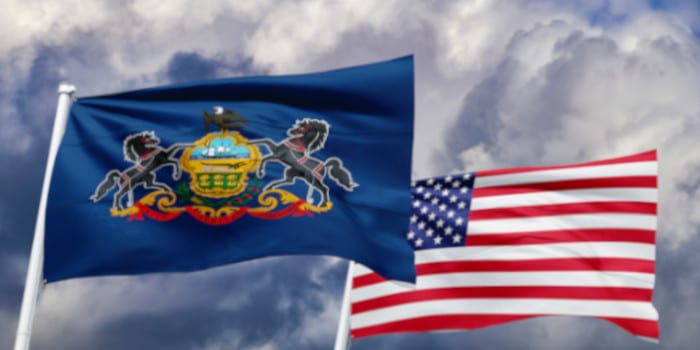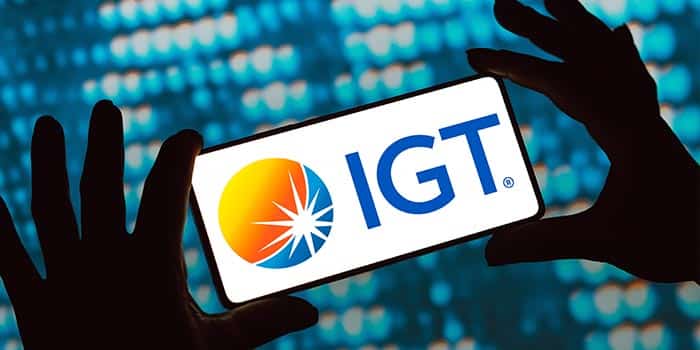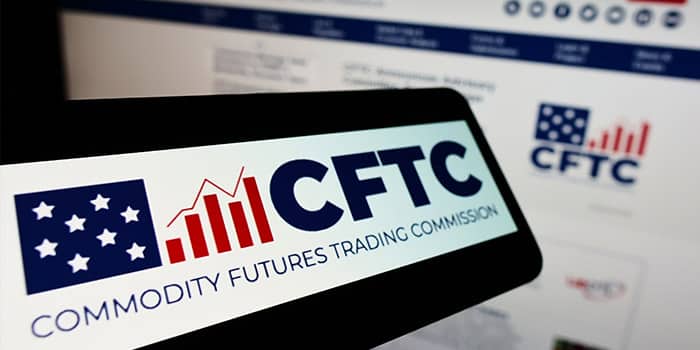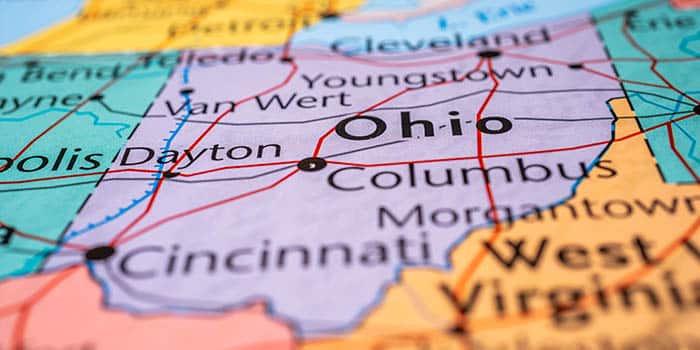Fact-checked by Angel Hristov
Pennsylvania Sen. Chris Gebhard Defends Skill Game Tax Proposal
With the debate surrounding skill games in the Keystone State heating up, the newest proposed legislation could help resolve some of the controversy surrounding the sector

Pennsylvania Sen. Chris Gebhard once again took center stage in the state’s long-simmering skill game debate. Gebhard suggested a 35% tax rate as a middle ground in a legislative impasse that continues to divide lawmakers and stakeholders. While this solution could resolve one of the primary issues of skill game regulation, it does not address several other underlying concerns.
The Bill Seeks to Offer a Flexible Solution
Gebhard introduced Senate Bill 756 last month. The proposed legislation seeks to establish a regulatory and tax framework for the state’s thousands of unregulated skill-based gaming machines. These devices are similar to slot machines but require some player input, placing them in a legal grey area. To some, they are a lifeline for small businesses and community organizations. Others argue they siphon revenue from the regulated casino industry.
The senator’s proposal would task the Pennsylvania Gaming Control Board with overseeing the devices and impose a 35% revenue tax, a number he describes as deliberately moderate. This approach is a compromise between competing bills introduced by Gov. Josh Shapiro and Sen. Gene Yaw. Shapiro’s FY 2025 budget envisioned a hefty 52% tax, while Yaw’s Senate Bill 706 asks for just 16%.
We have a long way to go before we get to wherever we’re going to settle. For people to turn the conversation as negatively as they have is doing nothing to help us achieve a positive outcome.
Sen. Chris Gebhard
Gebhard’s reasoning is relatively straightforward. He wants a tax that’s high enough to bring in a substantial revenue stream but not so high that it drives skill games out of business. His proposed number is not final and aims to show flexibility and establish regulatory certainty during an increasingly polarized debate.
Many Stakeholders Remain Unconvinced
Despite Gebhard’s measured approach, critics have questioned whether his 35% rate goes too far or not far enough. Casino stakeholders have long pushed for tighter controls and higher taxes, arguing that skill games have all the benefits of gambling operators while avoiding the regulatory pressure that casinos face. Meanwhile, small business advocates fear that anything above Yaw’s 16% could erode already thin margins.
Because of skill games, we were able to retain our employees and stay in business, continuing to serve our community.
Geeta Patel, оwner of Roxborough News Shop
Adding even more uncertainty to the equation is the Pennsylvania Supreme Court’s pending decision on whether the machines are legal to begin with. The ruling could fundamentally reshape the ongoing debate, either legitimizing years of unregulated growth or necessitating a complete legislative restart.
Despite the legal ambiguity, businesses like Pace-O-Matic (POM) continue to pursue a regulatory framework. They argue that official approval would allow the state to reap tax benefits, rid itself of illegal machines, and grant operators much-needed stability. As lawmakers scramble to broker a budget deal in the coming weeks, it remains unclear whether Gebhard’s middle-ground solution can break the impasse.
Deyan is an experienced writer, analyst, and seeker of forbidden lore. He has approximate knowledge about many things, which he is always willing to apply when researching and preparing his articles. With a degree in Copy-editing and Proofreading, Deyan is able to ensure that his work writing for Gambling News is always up to scratch.

















